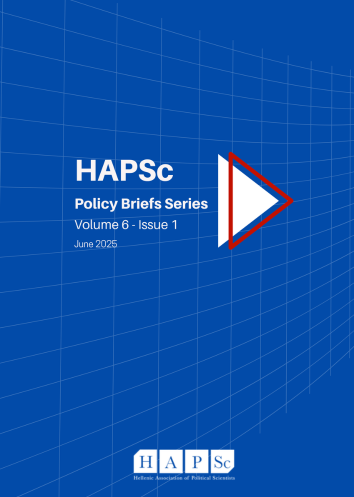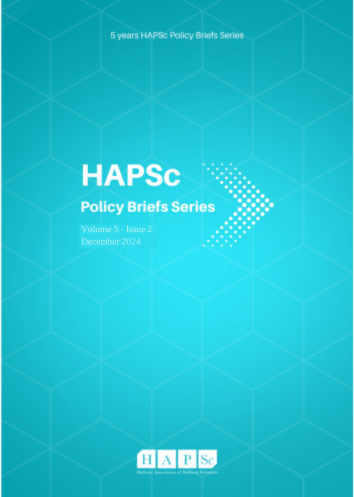When Democracy Meets AI: The Digital Battle for Political Truth

Abstract
Artificial intelligence represents one of the most significant technological innovations of our time, with profound effects on politics and its communicative dynamics. The ability to generate realistic and persuasive textual, visual, and audiovisual content, combined with the accessibility of generative tools, is transforming how political messages are crafted, personalized, and disseminated. This article explores the double-edged nature of generative AI in the political sphere: on one hand, it offers opportunities for innovation, inclusion, and civic participation; on the other, it raises critical concerns related to disinformation, manipulation of public opinion, and a growing crisis of trust in democratic institutions. In a context marked by media polarization and the weakening of traditional channels, there is an urgent need for a clear regulatory framework capable of ensuring transparency and accountability in the political use of AI. The aim of this article is to critically examine the potential and the threats of this emerging technology, while proposing policy solutions to safeguard the integrity of democratic debate in the digital age.
Article Details
- How to Cite
-
Battista, D. (2025). When Democracy Meets AI: The Digital Battle for Political Truth. HAPSc Policy Briefs Series, 6(1), 191–197. https://doi.org/10.12681/hapscpbs.43205
- Section
- Articles

This work is licensed under a Creative Commons Attribution 4.0 International License.
Authors retain copyright and grant the journal right of first publication with the work simultaneously licensed under a Creative Commons Attribution License that allows others to share the work with an acknowledgement of the work's authorship and initial publication in this journal.


